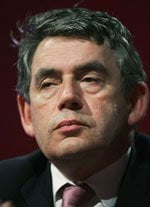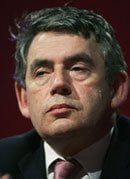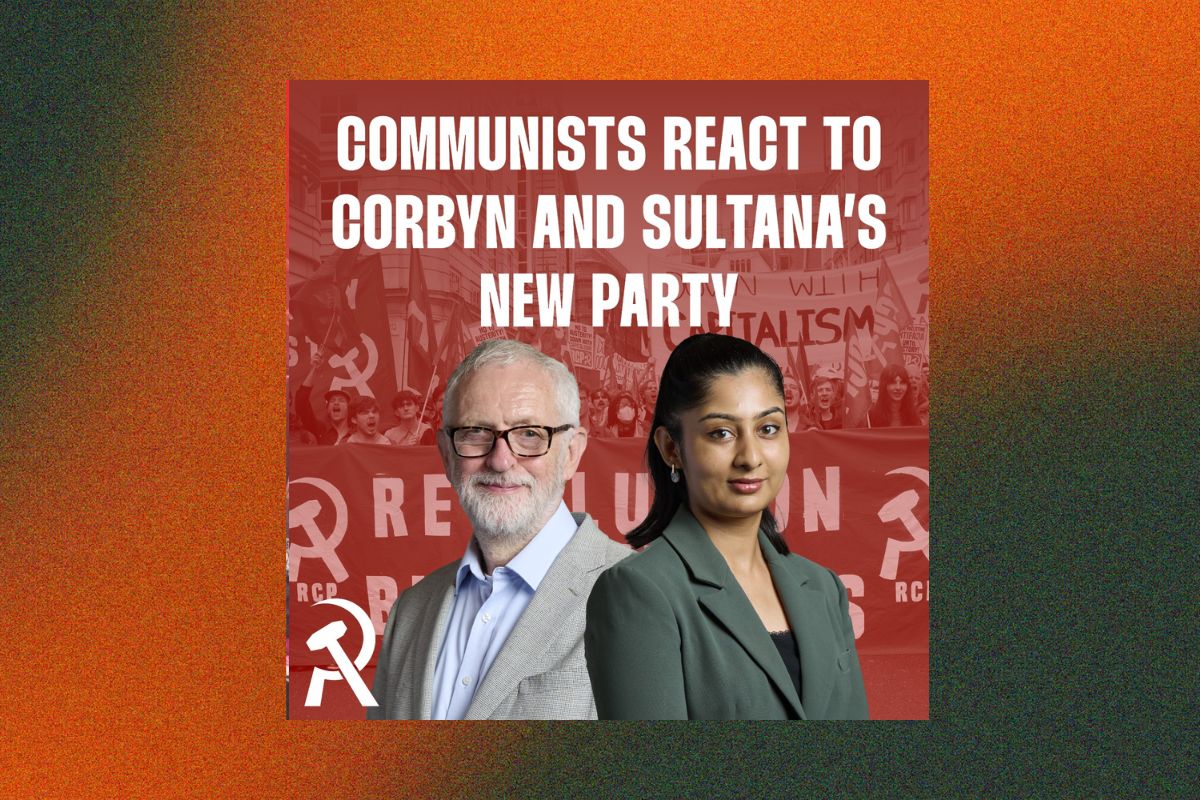After weeks of media speculation, flurries of polls and long meetings in smoke free rooms, the Brown bounce election became the general election that never happened.
Gordon Bounces
 As we explained recently, the first few months of Gordon Brown’s premiership had been awash with floodwater and strike ballots, not to mention the threat of thousands of animals slaughtered for foot and mouth disease, as well as the ongoing carnage in Iraq and Afghanistan. But Labour was ahead in the polls and Gordon had appeared to turn the corner in Labour’s fortunes after the dark days of Tony Blair.
As we explained recently, the first few months of Gordon Brown’s premiership had been awash with floodwater and strike ballots, not to mention the threat of thousands of animals slaughtered for foot and mouth disease, as well as the ongoing carnage in Iraq and Afghanistan. But Labour was ahead in the polls and Gordon had appeared to turn the corner in Labour’s fortunes after the dark days of Tony Blair.
Could he capitalise on this by calling a general election? Maybe he could, but there are some problems that wellies, sandbags, antiseptic and exclusion zones can’t solve. One of these issues being the collapse of the sub prime lending market in the United States. It is clear that the colossal instability in the financial markets is an international issue, with very serious consequences. Markets throughout the world convulsed. In Britain the financial system snapped at its weakest link and the government was forced to jump in. The Northern Rock crisis was not a good back drop for an election campaign.
Gordon Wobbles
Marx explained a long time ago that the state and politics are like a superstructure that sits on top of society and maintains the appearance of having a certain independence. It has consistently been the case that Labour voters and activists have a clear sense of the remoteness of the party leadership in terms of their contact with the realities of life.
A side effect of this remoteness is the political game played out between the Tories and the Labour leadership. Points scoring and sound bite politics dominate the airwaves. It’s hardly surprising that many workers see little to choose between the parties. The role of the press is particularly insidious in Britain. This has been very clear over the last period, particularly in talking up the chances of a snap election.
But in the final analysis, politics, the state and even bouncing Prime Ministers are organically connected to the real world. The prospect of a general election was just too risky.
The Tories
There was a time in the past when the Tories appeared to be in firm control, winning elections, clear in their direction and above all, good class warriors (for the bourgeois). That came to an end a long time ago, well before Thatcher resigned in 1990. In many ways the Tories haven’t recovered since the £ fell out of the European Exchange Rate Mechanism in September 1992.
A succession of leaders, Hague, Ian Duncan Smith, and Michael Howard sought to help the party break out of their bunker in the South East without success. The latest incarnation has tried to rebrand the party as thoughtful green and trustworthy in respect of health services and education.
But even then, in spite of Tony Blair’s effectively two years of being a lame duck leader who was going to leave office, sooner or later, the Tories had failed to make any headway.
A major factor in this has been the continuing weak boom in the economy and the relative stability that this appeared to offer. The financial crisis puts all this at risk. No wonder the Tories smelt the chance of an upset.
Of course publicly the Tories were well up for a contest. But that’s hardly a surprise. It would be a very bad tactic to have appeared negative about an election. So we were subjected to a fortnight of "Bring it on Gordon". Not only that, but the Tories had to think of some big ideas. What better to perk up the Tories’ well fed supporters than by hiking up inheritance tax thresholds and taxing rich foreigners?
Policy anyone?
In the days when Labour Party Conference was a policy-making body, resolutions were passed and ignored after a polite delay by the party leaders. Gordon’s response to the Tories’ policy pronouncements was to agree with them and adopt them as government policy. That’ll show them Gordon!
Hiking the inheritance tax threshold to £1 million means that a lot of middle class people would be very grateful to the Tories. Of course any workers and particularly any council tenant with a million stuffed under the mattress will benefit as well. If that means you, then why not consider a donation to Socialist Appeal’s press fund!
Labour should have used this policy as an example of the real nature of the Tory Party, their class base and their record.
Marxist Ideas
The truth is "there may be trouble ahead". The bourgeois are clamouring for policies to prevent a generalised financial crash. In reality there is a barely a cigarette paper between the ideas of the Labour Party right wing and the Tories. Neither have any solutions to the problems of working class people.
After 10 years in office Labour have disillusioned many workers and sooner or later the bourgeois will fall in line solidly behind the Tory party, their first eleven. Many workers feel that little has changed for the better, but don’t see a way out.
The effect of the debacle over the election will be to give the Tories a short lived gain. It will dismay Labour activists and voters. Brown has been damaged by events.
But in practice the "election" is so much small beer against the background of an uncertain economy and the war. At the time of writing it’s largely passed by as an issue. The press have other fish to fry.
Only the ideas of Marxism can clearly explain the basis of the crisis in the financial markets and can offer a programme to transform the lives of working class people.
Labour needs a Socialist programme including nationalisation of the banks and financial institutions and the nationalisation of the commanding heights of the economy under workers’ control and management.
The first task is to reclaim the Labour Party.






